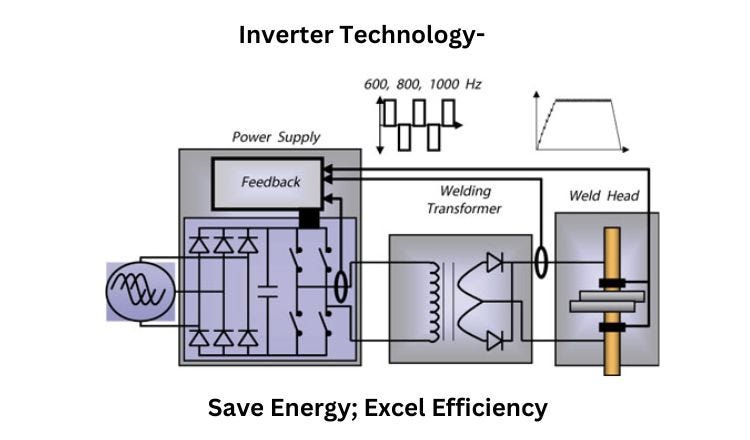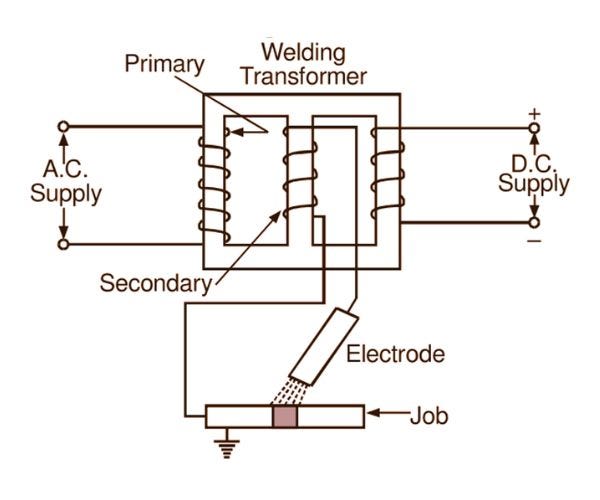Buying an Inverter is a Smart Move: Inverter Technology


The term "inverter" is commonly used for Air Conditioners just to help buyers distinguish between an inverter and a typical air conditioner. The major difference is in the energy-saving and the cooling capacity which creates a clear ground to make an effective buying decision. The benefit surpasses the initial cost in the long term. When compared to a typical system, inverter technology utilizes less energy.
Buyers are wise to choose a product based on its benefits, which is why influencers have a better chance of convincing people about buying an inverter. Inverters are becoming increasingly popular among buyers who are familiar with this technology's features and benefits. It is important to deliver information to other consumers for they to make smart decisions when purchasing an electrical product.
What is an Inverter


An inverter is a device that transforms battery power (DC) into a higher-voltage alternating current (AC) and stores it in the battery. An inverter allows electrical products to use less energy, resulting in lower utility bills and increased product sustainability. It's utilized to cut down on the amount of energy wasted by electrical devices like air conditioners and refrigerators.
Most inverters are installed and utilized in conjunction with a battery bank of some kind, which is a popular setup in off-grid solar setups. The design of the specific device or circuitry determines the input voltage, output voltage and frequency, and overall power handling. The inverter does not generate any electricity; instead, the DC source provides it. In a nutshell, it's a gadget that converts one voltage to another, allowing an electrical product to run more efficiently while using less energy.
Applications
Some People think Inverter is only applicable to Air Conditioner but in real life, they can be applicable to many electrical devices like refrigerators, TV, computer, small car adapters, household, large grid systems, etc.
Benefits of an Inverter
The inverter is an energy-saving technology that is quite popular among consumers. Because of its better power efficiency and reduced noise, inverter technology is quickly becoming a popular choice among homes. In terms of non-inverter electronic devices, it is more productive, eco-friendly, and cost-effective.
Energy-Saving: Inverter compressors automatically slow down when they don't need to actively reduce the temperature. This lessens energy consumption while reducing wear and tear on the compressor. As a result, inverters are more energy savers.
Fast Cooling: The compressor motor speed of an inverter air conditioner can be controlled. Once the room is cool, inverter air conditioners reduce the speed of the engine to conserve electricity and refrigerant It gives faster cooling because of various compressor speeds. (Panasonic, 2021)
Eco Friendly: An inverter air conditioner consumes less energy and releases less harmful emissions into the air. Overall this eco friendly and grab the attention of consumers. Also, it is one of the latest technology in the HVAC field which gives much more than traditional non-inverter electronic devices.
Comfort Giving: Another significant benefit of this type of system is that it provides comfort to the users. When compared to an ON/OFF compressor, temperature variation is less. This ensures that the users have a comfortable environment at all times.
Noiseless Operation: The user does not face uncomfortable noise while sleeping because inverters do not create noise while operating. In comparison to the non-inverter compressor, the outdoor unit with the inverter compressor is substantially quieter. Which gives the user a calm and quiet environment. Users do not face uncomfortable noise while sleeping.
Economical: Inverters are economical in the long term. Though Non- Inverter Air Conditioners/Refrigerators are cheap in comparison to inverter Air Conditioners/Refrigerators, in the long term Inverters are economical for the users. It consumes less energy so electricity bills are much lower than non-inverter Air conditioners or refrigerators.
When compared to typical non-inverter electronic items, inverter products are superior in every regard. However, there are certain downsides to mention about this technology. Inverter items are technically difficult to fix and might be expensive to repair, but in the long run, inverter electrical devices are advantageous.
For a clear idea, this video is given ( Click on the word “Video”)
Choosing the right Model is Crucial:
Inverters come in a variety of shapes, sizes, brands, and models. There is no such thing as a "best" inverter for all applications; what works well in an ambulance may not work well in a TV. The biggest factor is usually the power output, but there are numerous more.
Inverters are classified as sine waves, modified sine waves, or square waves. Sine wave inverters are always more expensive, costing between 2 and 3 times as much. A square wave inverter is capable of running simple tools using universal motors but not much beyond.
Conclusion
Inverter technology is currently one of the most advanced in the HVAC business, offering far more benefits than typical non-inverter electronics equipment such as air conditioners, refrigerators, and televisions. Buyer understanding and perception of inverters can assist them in making an informed choice about buying inverter electronic devices. The world is going toward environmentally friendly products, and it is past time for Bangladesh to adopt inverters as well.

